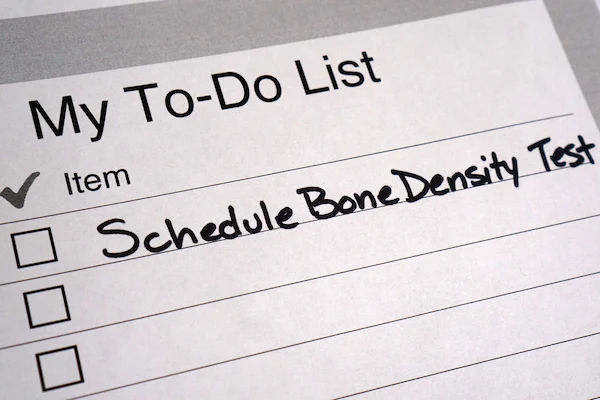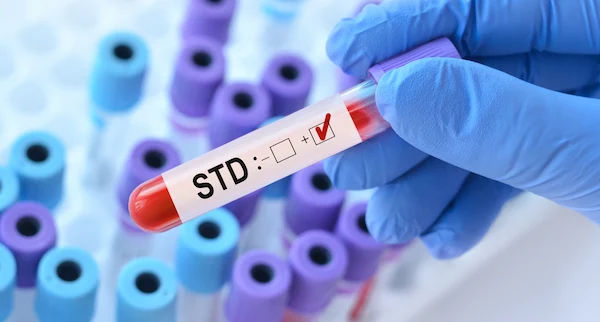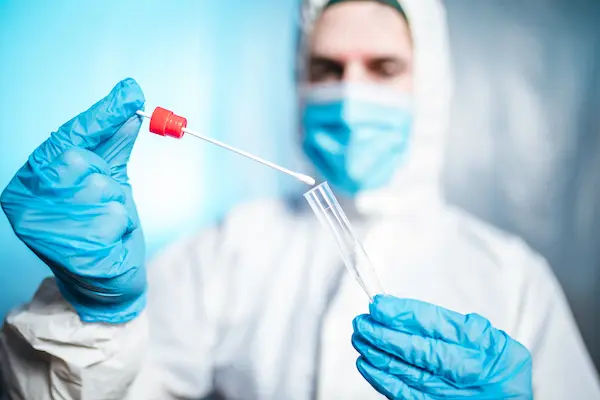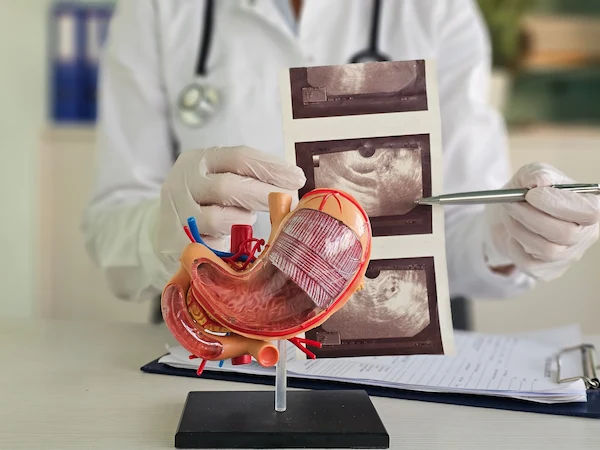CMP Blood Test Overview and Procedure
Know about the CMP blood test, what it is and what checks are included.Why and procedure of the test and interpretation of results, and more.

Written by Dr. M L Ezhilarasan
Reviewed by Dr. Shaik Abdul Kalam MD (Physician)
Last updated on 29th Aug, 2025
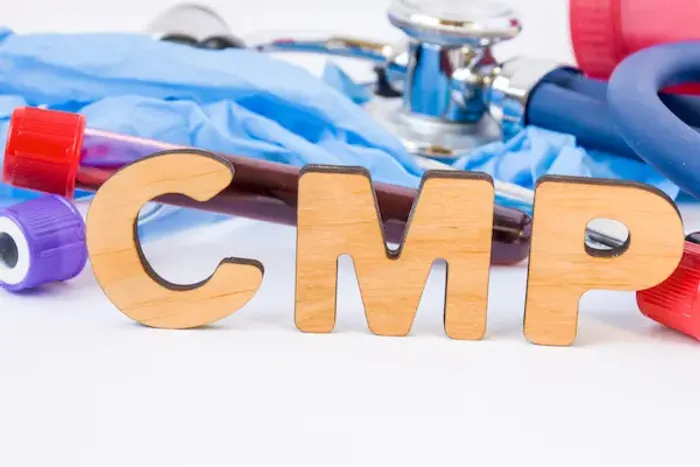
Introduction
When it comes to monitoring your health, blood tests play a crucial role in detecting potential issues before they become serious. One such important test is the Comprehensive Metabolic Panel (CMP), which provides valuable insights into your body’s overall function.
If your doctor has recommended a CMP, you might have questions about what it is, why it’s needed, and what to expect. This article will guide you through everything you need to know in simple, easy-to-understand terms.
What is a CMP Blood Test?
A Comprehensive Metabolic Panel (CMP) is a blood test that measures 14 different substances in your blood, giving doctors a snapshot of your body’s metabolism, electrolyte balance, and organ function—particularly your kidneys, liver, and blood sugar levels.
What Does a CMP Test Check For?
The CMP measures:
- Glucose – Checks blood sugar levels (important for diabetes screening).
- Electrolytes – Sodium, potassium, chloride, and CO2 (helps assess hydration and acid-base balance).
- Kidney Function Markers – Blood Urea Nitrogen (BUN) and creatinine (indicate how well kidneys are working).
- Liver Function Markers – Albumin, total protein, bilirubin, and liver enzymes (ALT, AST, ALP).
- Calcium – Important for bone health, nerve function, and muscle activity.
This test helps doctors diagnose conditions like diabetes, kidney disease, liver disorders, and electrolyte imbalances.
Why Might You Need a CMP Test?
Your doctor may order a CMP if:
- You’re having a routine check-up to monitor overall health.
- You have symptoms like fatigue, nausea, swelling, or frequent urination (possible signs of kidney/liver issues).
- You’re being monitored for diabetes, high blood pressure, or liver disease.
- You’re starting a new medication that may affect kidney or liver function.
- You’re preparing for surgery to ensure your body can handle anaesthesia.
How to Prepare for a CMP Blood Test?
Most CMP tests don’t require fasting, but sometimes your doctor may ask you to avoid eating for 8-12 hours beforehand, especially if glucose levels are being checked.
Before the Test:
- Follow your doctor’s instructions on fasting (if required).
- Stay hydrated (unless told otherwise).
- Inform your doctor about any medications or supplements you take.
What Happens During the CMP Test?
The procedure is quick and simple:
- A healthcare professional will clean your arm (usually the inner elbow) with an antiseptic.
- A small needle is inserted into a vein to draw blood (you may feel a slight pinch).
- The blood sample is collected in a tube and sent to a lab for analysis.
- Results are usually ready within 24-48 hours, depending on the lab.
Does it hurt? Most people feel only a slight prick, and the process takes less than 5 minutes.
Understanding Your CMP Results
Your results will show normal or abnormal ranges for each component. Here’s a quick breakdown:
Note: Only your doctor can interpret these results accurately based on your health history.
What If My Results Are Abnormal?
Don’t panic! Abnormal results don’t always mean a serious problem. Factors like dehydration, medications, or recent
meals can affect readings. Your doctor may:
- Recommend follow-up tests for confirmation.
- Suggest lifestyle changes (diet, exercise, hydration).
- Adjust medications if needed.
Tips for Maintaining Healthy Metabolic Function
To keep your metabolism and organs functioning well:
- Stay Hydrated – Drink enough water daily.
- Eat a Balanced Diet – Include fruits, vegetables, lean proteins, and whole grains.
- Limit Alcohol & Processed Foods – These can strain the liver and kidneys.
- Exercise Regularly – Helps maintain healthy blood sugar and weight.
- Monitor Chronic Conditions – If you have diabetes or high blood pressure, follow your doctor’s advice.
When to See a Doctor?
If you experience:
- Unexplained fatigue, nausea, or swelling
- Frequent urination or extreme thirst (signs of diabetes)
- Yellowing of skin/eyes (jaundice) (possible liver issue)
It’s best to consult a doctor and get a CMP test for early detection.
Final Thoughts
A Comprehensive Metabolic Panel (CMP) is a simple yet powerful test that helps track your body’s vital functions. Whether it’s part of a routine check-up or to diagnose a concern, understanding your results can empower you to take better care of your health.
Consult a Haematologist for Personalised Advice
Consult a Haematologist for Personalised Advice

Dr Abilash Jain
General Physician/ Internal Medicine Specialist
12 Years • MBBS,DNB(FM),MNAMS,FIAMS,CCGMG(GERIATRICS),DGM (GERIATRICS),PGCD(DIABETES,BOSTON UNIVERSITY),FID(DIABETICS UK)CCEPC(PALLIATIVE CARE),CCCC(CRITICAL CARE)
Visakhapatnam
Apollo Clinic Vizag, Visakhapatnam

Dr. Ramalinga Reddy
General Physician
5 Years • MBBS MD General medicine
Bengaluru
PRESTIGE SHANTHINIKETAN - SOCIETY CLINIC, Bengaluru

Dr. E Prabhakar Sastry
General Physician/ Internal Medicine Specialist
40 Years • MD(Internal Medicine)
Manikonda Jagir
Apollo Clinic, Manikonda, Manikonda Jagir
(175+ Patients)

Dr. Thorana Prakash M
General Physician
2 Years • MBBS
Bengaluru
PRESTIGE SHANTHINIKETAN - SOCIETY CLINIC, Bengaluru

Dr. Sushith C
General Physician
2 Years • MBBS
Bengaluru
PRESTIGE SHANTHINIKETAN - SOCIETY CLINIC, Bengaluru
